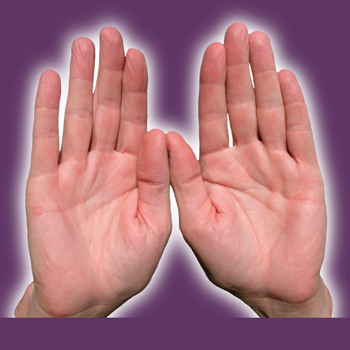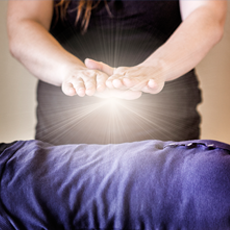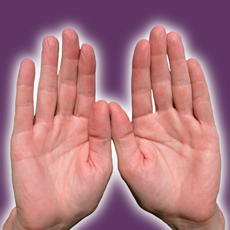by Rev. Lynette Burkert
This article is dedicated to all those who have looked at their lives and dared to change - to those who have faced their problems and gone on to live full and rewarding lives. To all of my friends and clients in the recovering drug and alcohol community, I thank you for allowing me to bring Reiki into your lives.
From 1991 to 1993, I had the privilege of working at Hope Ranch, a drug and alcohol treatment center in Triangle Lake, Oregon where I was hired to give Reiki to clients and staff. During that time I became a counselor and participated in more than 1,500 Reiki sessions with addicts and alcoholics in different stages of recovery - from early detoxification to years of sobriety.
Prior to working at the treatment center, my understanding of Reiki was that it is used to encourage physical healing and promote relaxation. I had previously worked with clients suffering from a variety of ailments, including ulcers, cancer, arthritis and other physical maladies. Because my experience showed that Reiki had a positive effect on these people, I thought those suffering from drug and alcohol withdrawals could also benefit from exposure to the Universal Life Energy.
Withdrawal from chemical dependency is extremely stressful, both physically and emotionally. Symptoms include muscle pain, bone aches, headaches, vomiting, the shakes, diarrhea, cravings, sleep disorders, loss of appetite and extreme moodiness. I quickly discovered that Reiki was very helpful in relieving the physical symptoms, and in calming the body and mind.
New clients were often understandably reluctant to participate in the Reiki session, as they usually had trust issues. However, within a half an hour the calming effect of Reiki greatly reduced or eliminated their shakes. Furthermore, once the shakes stopped, they did not return. I would then continue to administer Reiki, focusing my consciousness on the client's sense of calmness, peace and safety. Once the body felt safe and supported, it seemed to release the sense of panic and trauma that accompanies withdrawal symptoms. At this point, I usually had a pretty willing client for future sessions.
I observed that these clients, who usually suffered from anger and shame issues, were beginning to behave more gently, openly and compassionately once they experienced Reiki. The staff also reported that clients who received Reiki appeared to become calmer and were less likely to have destructive emotional outbursts. The more Reiki they received, the more centered they became. Once clients became comfortable with Reiki, they would often seek a session to help alleviate physical pain. Those who came into a session with a headache, shoulder pain or backache would find relief from their pain just like others I worked with who suffered from purely physical afflictions. However, I believe that much of the pain suffered by addicts and alcoholics is emotionally induced. Once the body is calmed and the mind relaxed, the pain subsides.
Clients also suffered from tremendous emotional pain. The disease of addiction creates reservoirs of grief and guilt. Successful treatment relies in great part on providing an environment of acceptance that promotes self-love. Reiki fits this requirement perfectly. Many clients claimed that the first time they ever felt unconditionally loved was during a Reiki session. Clients often cried during Reiki, and this too helped release built-up stress in the body and psyche.
Clients also commented that their Reiki sessions were their first experience of being touched lovingly without someone wanting something from them. Many addicts have been physically and/or sexually abused. Experiencing such softness and care allowed them to release the tension that resulted from their desire to protect themselves from further abuse. Many of these clients experienced peace in their lives for the first time.
Emotional healing was aided in another way. Occasionally, when placing my hands on the different Reiki positions, a client would remember past trauma. Because of the calming effect of Reiki, the client would remember an incident without experiencing the original pain.
This allowed the client to become an observer instead of a participant in the trauma, which helped the client see more clearly how past behaviors or unresolved issues could lead to relapse, and helped the client to address such issues without being blocked by fear.
Many of the clients I worked with had been through chemical dependency treatment a number of times. Their ability to stay clean and sober was inhibited, in part, by their carrying unresolved issues and repressed feelings. Clients were often seeking some way to access whatever it was that kept them in a state of denial. This process was a valuable tool in breaking through the walls that kept them from understanding themselves. It sometimes also helped clients to release chronic physical pain that was associated with the original trauma







